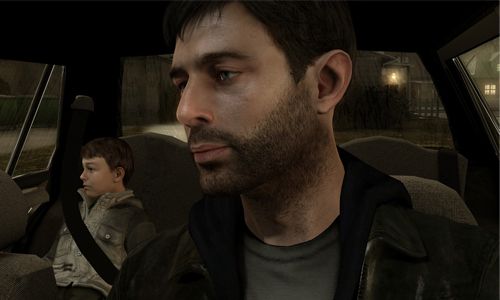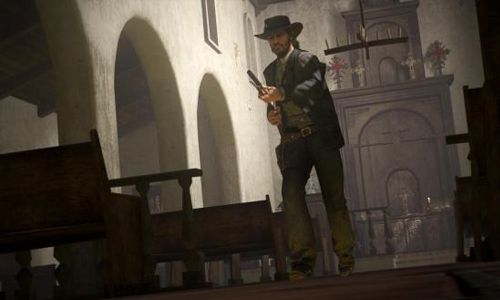
The selection of the Game of the Year is always a source of intense debate on the internet. Gamers are passionate people and will fight for the games they love without restraint. It's only natural. But maybe this is also an interesting moment to question the substantial reasons that should support such a title. I'm not going to pick a game for you. In fact, I will argue that the Game of the Year is not a matter of passion or favoritism. Instead, I propose that we take a look at the reasons that make certain games stand out. Games that are not just entertaining but truly important.
There are two reasons that make Mass Effect 2 a significant contender to the title of Game of the Year. They are reasons of structure and game-play. The first is the innovation brought by the integration of saved data from ME1. It allows the player to continue with an unfolding story, carrying through the features and plot choices of their character from the first game.
The second reason has to do with the conversation device developed by BioWare: the dialogue wheel. It's one of those revolutionary things that most people don't really seem to value for its true worth. It basically kills the traditional cut-scene, the conventional narrative system that pulls the player away from story development. The dialogue wheel turned the cut-scenes into an active part of the game-play, radically transforming the nature of storytelling as we've become accustomed to observe in most video games. These are features that I believe will become standard for many games in the future and the main reasons why I consider the Mass Effect series such an outstanding achievement.

Heavy Rain is a game that sets the foundations for a new genre. It is somewhat reminiscent of the early point-and-click adventures from the early nineties and develops some ideas that were already taking shape in the remarkable Fahrenheit / Indigo Prophecy, also by Quantic Dream. But it evolves into a revolutionary new concept of dramatic interaction, providing a visceral emotional experience unlike any other.
The most intriguing and innovative element of Heavy Rain is that it's a game without game over. It doesn't lead the player into a specific storyline, right or wrong. What we know is that each choice has its consequences, and because we choose, and because those decisions will determine the story we are about to see, everything becomes tense and definitive.

Red Dead Redemption is a game beyond narrative. It presents an entire landscape inspired by the iconography of the American Old West. It's a micro-realistic environment with dynamic weather and smooth transitions between night and day, allowing free exploration through thousands of square miles of virtual territory, from the populated towns to the hostile wilderness teeming with wildlife.
The wide open vistas, with vivid sunsets and sunrises, provide some of the most memorable moments ever seen in a video game. You can journey from the highest mountain, East of the map, and ride all the way into the desert, out West, and do so in a single continuous play-through, without transitions or loading screens. It's an amazing technical achievement that provides an unparalleled sense of place, revealing the full scope of video games as an extraordinary setting for storytelling and conceptual creativity.
This article was originally posted on Nowherescape.